Deep Mulching in Manitoba
manitoba_mum
10 years ago
Related Stories

GARDENING GUIDESNew Ways to Think About All That Mulch in the Garden
Before you go making a mountain out of a mulch hill, learn the facts about what your plants and soil really want
Full Story
GARDENING GUIDESHow to Pick a Mulch — and Why Your Soil Wants It
There's more to topdressing than shredded wood. Learn about mulch types, costs and design considerations here
Full Story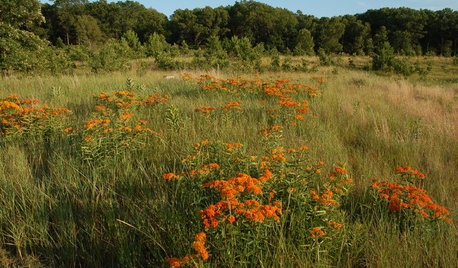
GARDENING GUIDESThe Art of Green Mulch
You can design a natural garden that doesn’t rely on covering your soil with wood and bark mulch
Full Story
GARDENING GUIDESGarden Myths to Debunk as You Dig This Fall and Rest Over Winter
Termites hate wood mulch, don’t amend soil for trees, avoid gravel in planters — and more nuggets of garden wisdom
Full Story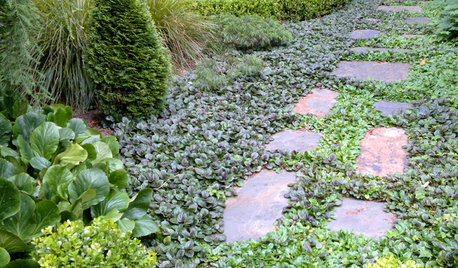
GROUND COVERSGround Force: 10 Top Ground Covers for Your Garden
Protect your soil from weeds and drought this summer with a living mulch of ground covers
Full Story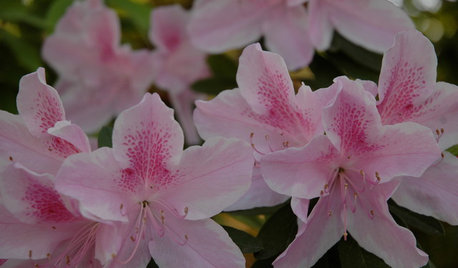
GARDENING GUIDESTexas Gardener's November Checklist
Planting and protecting are top priorities in the garden this month, so master the mulch and get those trees and shrubs in the ground
Full Story0
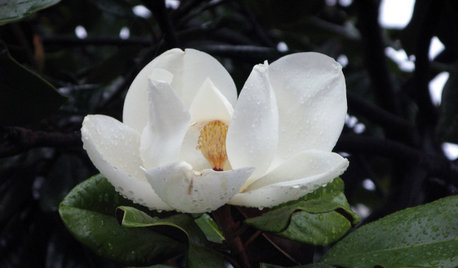
TREESGreat Design Plant: Southern Magnolia, Iconic U.S. Native
Massive, fragrant blooms and deep green leaves set Magnolia grandiflora apart from other large shade trees
Full Story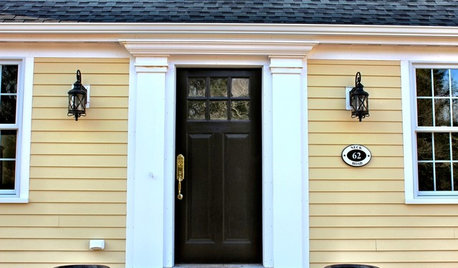
LIFE7 Things to Do Before You Move Into a New House
Get life in a new house off to a great start with fresh paint and switch plates, new locks, a deep cleaning — and something on those windows
Full Story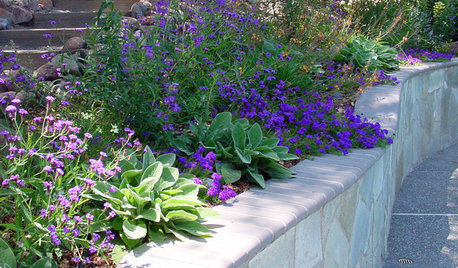
GARDENING GUIDESGreat Design Plant: Glandularia Rigida Paints the Ground Purple
Sandpaper verbena's deep purple flowers create a colorful carpet in drought-tolerant gardens
Full Story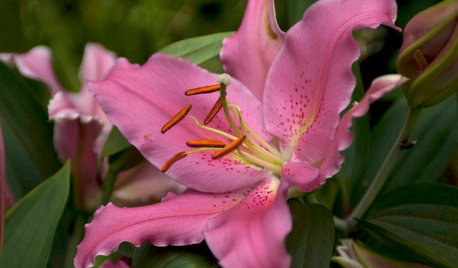
FLOWERSGreat Design Plant: Lilies
Try these delightfully exotic stunners for paintbox colors, deep fragrance and intricately detailed petals
Full StoryMore Discussions






xaroline
northspruce
Related Professionals
Deer Park Landscape Architects & Landscape Designers · Battle Ground Landscape Contractors · Belvedere Park Landscape Contractors · Bergenfield Landscape Contractors · Burlington Landscape Contractors · Choctaw Landscape Contractors · Hickory Hills Landscape Contractors · Long Beach Landscape Contractors · Middle River Landscape Contractors · Pompano Beach Landscape Contractors · River Ridge Landscape Contractors · Seven Hills Landscape Contractors · Tustin Landscape Contractors · Maple Heights Landscape Contractors · Sunrise Window ContractorsPudge 2b
manitoba_mumOriginal Author
nutsaboutflowers
manitoba_mumOriginal Author
nutsaboutflowers
manitoba_mumOriginal Author
nutsaboutflowers
manitoba_mumOriginal Author
Pudge 2b
manitoba_mumOriginal Author
Pudge 2b
AudreyJeanne
Slimy_Okra